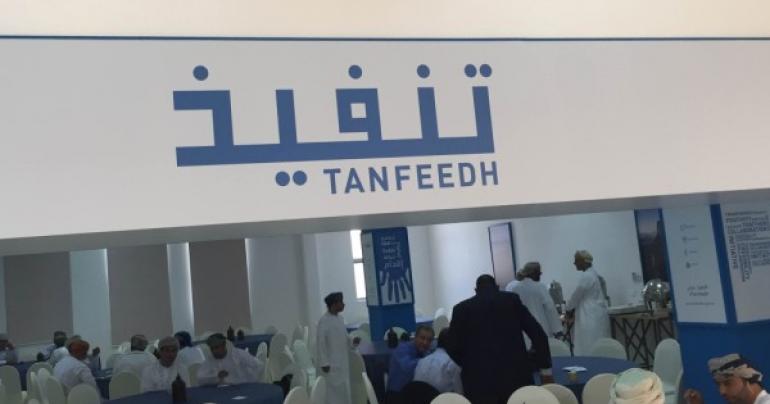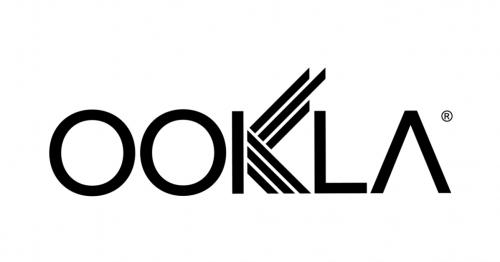Oman’s diversification monitor to publish annual report next week
Seeking to continuously provide support and follow up the implementation of government programmes and plans to diversify the economy, the Implementation Support and Follow-up Unit (ISFU) will publish its 2019 Annual Report next week, which is the third annual report published by ISFU.
The report includes updates on the economic projects and initiatives through ISFU’s KPI Dashboard, and details on the progress of these projects. The implementation of such projects is followed up and supported by ISFU in cooperation with the relevant government and private entities, in addition to the project owners.
In order to promote the principles of transparency and accountability, publishing the annual report of ISFU is considered as an essential part of its methodology and the communication plan that aims to provide the important details related to every project and initiative, including achievement percentages, implementation and follow-up phases, the challenges facing these projects, and the efforts exerted by government and private entities along ISFU in following up the implementation of these projects and initiatives. All of this is part of the government plans toward achieving economic diversification, in addition to new labs and a number of mega strategic projects that ISFU is working on.
The report includes the KPIs and targets of the initiatives, in comparison with what have been actually achieved in every KPI. And to achieve a high level of transparency, ISFU discusses, analyses, and compares data on several levels and phases. Then, it presents them in detail to an independent panel of local and international experts, who provide their recommendations as an independent working group. A brief on these recommendations is then included in the annual report. Likewise, ISFU provides these data to an independent third party specialised in verification, and after finalizing the verification and approving its outcomes, a brief is also included in the annual report. This is for the aim of providing a comprehensive picture of ISFU’s work and the performance of economic sectors, including the projects and initiatives of the National Programme for Enhancing Economic Diversification and other programmes within the KPI dashboard.
ISFU follows up and supports the implementation of projects and initiatives under 9 economic and enabling sectors: Manufacturing, Tourism, Logistics, Labour Market and Employment, Business Environment, Fisheries, Energy, Mining, Information and Communication Technology, in addition to Education, the lab of which was finalised in November 2019. Work is still in progress to align the outcomes of Education Lab, especially the ones related to governing the sector, which coincides with the government’s approach to restructure the administrative system of the country and regulate the government’s performance. The outcomes of this syndication will be released after being approved.
The main role of ISFU is to support the relevant entities in implementing their plans, initiatives and projects, according to a clear governance structure and approved KPIs. This is achieved through collecting data from the right sources in order to ensure their accuracy, then analysing them, and evaluating the KPIs based on these data and the outcomes of site visits conducted in coordination with the relevant entities. Moreover, it addresses the challenges facing the implementation, by adopting a clear follow-up mechanism, starting from the level of implementation, to the entities supervising the sector, to the Steering Committee that is usually chaired by the minister responsible of the sector.
In the first quarter of 2020, ISFU conducted the Independent Advisory Review (IAR), which reviewed and challenged nine different sectors on their progress, achievements and obstacles. The sessions saw government representatives from the sectors brainstorm with a panel of local and foreign distinguished experts. Their key objective was to find the best practices and recommendations to accelerate efforts in economic diversification. Enhancements were made to the IAR methodology this year which brought about improvements in the outcomes of the sessions. Plenty of ideas were exchanged regarding areas of improvement and potential new initiatives to bring the Sultanate into the new decade. Through open healthy discussions and innovative problem solving techniques, participants were able to bring back with them long and short term action plans which will contribute to the nation’s future.
In order to ensure consistency and accuracy in the reports it publishes, ISFU has appointed “Deloitte” as an independent third party to validate its data. The Agreed Upon Procedures (AUP) was conducted in 2019 for the third year in a row. ISFU has strived to report the achievements transparently by putting extensive time and diligence and ensuring that the collection, computation and tabulation of data were accurate. In accordance with the International Standards on Related Services “4400” (“ISRS 4400”), Deloitte conducted the AUP on a selected sample of KPIs. The reported achievements were validated based on the guidelines, documents, records, and information provided by ISFU and the respective initiative owners. Also, Deloitte has identified opportunities to improve the processes and the quality of information.
Through its annual reports, ISFU seeks to objectively communicate with its partners, relevant entities, the society and those interested in economy, in order for them to be able to follow the performance of economic and enabling sectors, the progress of projects and initiatives, and the challenges and obstacles faced in the implementation of these projects. In addition, ISFU tracks and records the feedback and recommendations on the performance of these sectors, in order to analyse them and explore the possibility of making use of them.
tag: omannews , omanlatestnews , muscatnews , coronavirus
Share This Post






